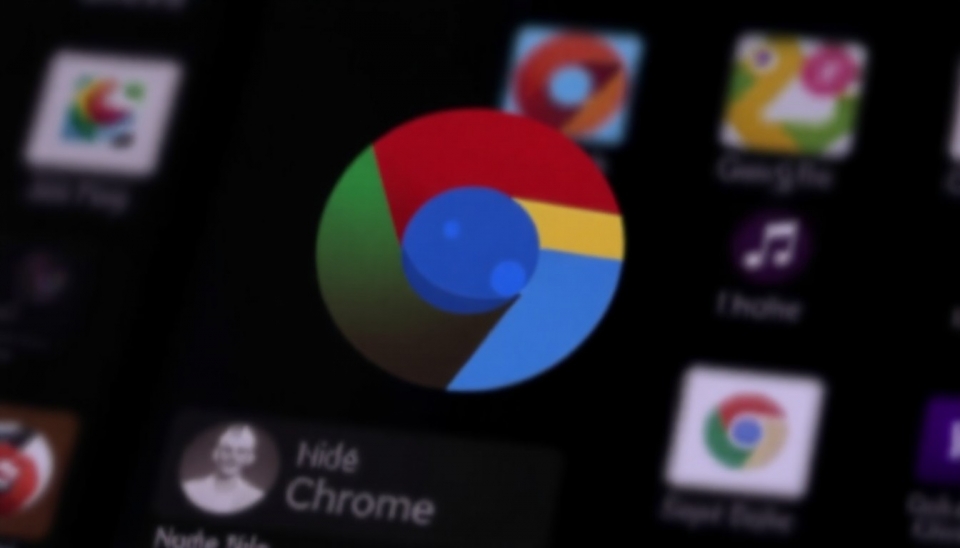
In a significant ruling that could reshape the landscape of digital commerce, an Indian court has found that Google’s billing policy constitutes anti-competitive behavior. The judgment marks a pivotal moment in the ongoing scrutiny of Big Tech companies and their market practices worldwide.
The case, which has been closely watched both domestically and internationally, centers around complaints against Google’s dominance in the mobile operating system market and its associated policies. The ruling alleges that Google's practice of requiring app developers to use its own billing system for in-app purchases creates unfair advantages and stifles competition from smaller players.
The court highlighted that such policies severely restrict the independence of developers and limit consumer choices, which contravenes the principles of fair competition as enshrined in Indian law. This represents a broader context of regulatory pressures facing tech giants, with regulators increasingly challenging their market monopolies and business practices.
In its defense, Google contended that its billing system protects consumers by ensuring security and a streamlined payment process. However, the court sided with the plaintiffs, emphasizing the need for a level playing field for emerging businesses and developers seeking to innovate without the overreach of a dominant market player.
The ruling comes amid heightened regulatory scrutiny of Google and other technology firms in various jurisdictions, as authorities work to address concerns related to consumer protection and fair competition practices. Following the decision, discussions are ongoing regarding what reforms or adjustments might be necessary to comply with these regulations while allowing for the continued growth of the digital economy.
The implications of this ruling could lead to a domino effect, prompting similar cases, and ultimately changing the financial dynamics between Google and app developers. Analysts suggest that if upheld, this court’s decision may lead Google to reassess its operational strategies in India, potentially opening up the market for other billing service providers.
This landmark ruling is a part of a broader trend where countries are beginning to take a more proactive stance against perceived monopolistic tendencies of major tech companies. As the digital marketplace continues to evolve, the need for fair competition and equitable treatment of all players is becoming increasingly vital for sustaining innovation and consumer trust.
As the case unfolds, it remains to be seen how Google will respond to this judgment and what changes will be implemented in its billing policies in India. For now, one thing is clear: the outcomes of such regulations will potentially redefine the future of the app economy on a global scale.
As tech companies prepare for reform in light of this ruling, it is also worth considering how these shifts will impact consumers and developers alike. With the battle for digital market share intensifying, observers will be keen to see what steps regulators will take next to further ensure competition and curb monopolistic practices.
In conclusion, the Indian court's decision to rule against Google's billing practices stands as a bold statement in favor of fair market dynamics, paving the way for necessary discussions about the ethics of technological dominance and the importance of maintaining a competitive landscape.
#Google #India #AntiCompetitive #TechRegulation #DigitalEconomy #AppMarket #Justice #TechNews
Author: John Miller




